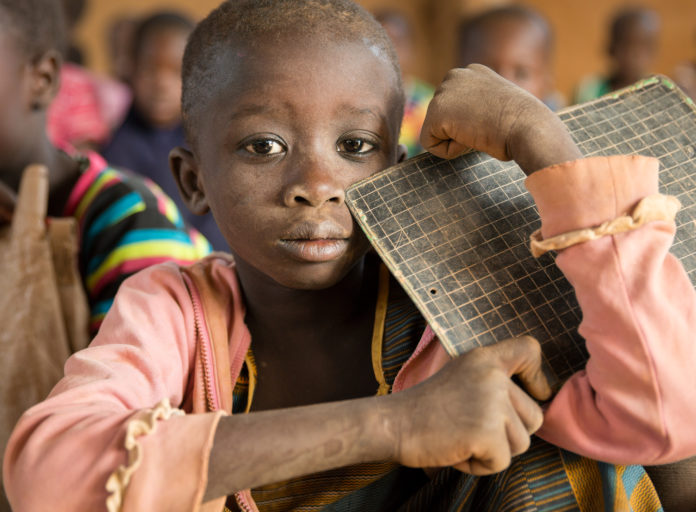This year, the International Day for the Protection of Education from Attack was celebrated for the first time (September 9). This was an opportunity to draw attention to the plight of over 75 million children in need of urgent educational support. Some of the 35 countries concerned are located in the central Sahel region, where the situation is particularly worrying. Over 22,000 students, teachers and academics have been injured or killed in attacks on education during armed conflicts or situations of insecurity over the past five years.
It was a unanimous decision on May 28, 2020 by the United Nations General Assembly, calling on UNESCO and UNICEF to raise public awareness of the plight of millions of children living in countries affected by conflict, that led to the establishment of the International Day for the Protection of Education from Attack.
Qatar initiative
In fact, it was following a call to action by Sheikha Moza bint Nasser, mother of the Emir of Qatar, President of Education Above All (EAA) and advocate of the UN Sustainable Development Goals (SDGs) that the resolution(A/RES/74/275) proclaiming the day was introduced by the State of Qatar and co-sponsored by 62 countries. It is now an opportunity to remind the international community, once a year, of the importance of protecting schools, pupils and teachers from attack. The resolution underlines the need to facilitate access to education in situations of armed conflict.
"While we work to eliminate illiteracy, there are those who actively work to spread it, as if they were systematically targeting everything and everyone behind human development. By failing to bring the perpetrators to justice, the international community - however unwittingly - has become effectively complicit." Sheikha Moza bint Nasser, President of Education Above All
Central Sahel
According to a new report published by the Global Coalition to Protect Education from Attack (GCPEA), the central Sahel has seen a significant spike in attacks on students, teachers and schools since 2018. There were more than 85 attacks on education in Burkina Faso, Mali and Niger between January and July 2020, despite Covid-19-related school closures between late March and May. In Burkina Faso and Niger, attacks more than doubled between 2018 and 2019, contributing to the closure of more than 2,000 schools. In Burkina, armed Islamist groups allied to al-Qaeda or the Islamic State have set fire to, looted and destroyed dozens of schools. In Mali, more than 60 attacks took place in 2019 alone, with more than 1,100 schools closed.
Safety first and foremost
As schools in the central Sahel and around the world resume after Covid-19-related closures, GCPEA urges governments to ensure that education providers carry out risk assessments prior to reopening, and adopt appropriate security measures where necessary to reduce the risk of attacks on students and teachers. Where schools and universities cannot reopen safely, alternative and remote measures must be put in place. Currently, 105 states are signatories to the Safe Schools Declaration, opened for signature on May 20, 2015. This political commitment aims to protect students, educators, schools and universities in armed conflict through the implementation of concrete measures using the Guidelines for the Protection of Schools and Universities from Military Use during Armed Conflict.
On October 20, a virtual ministerial roundtable on the central Sahel will be held, sponsored by Denmark, Germany, the European Union and the United Nations. This will be a unique opportunity to firmly place the protection of education on the humanitarian agenda.


